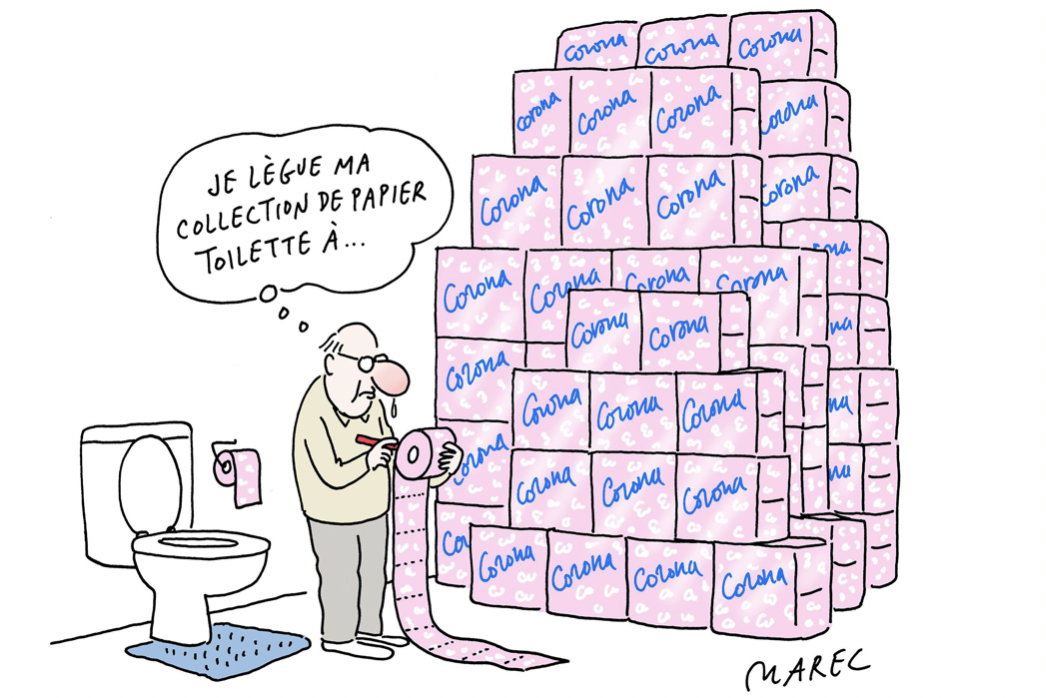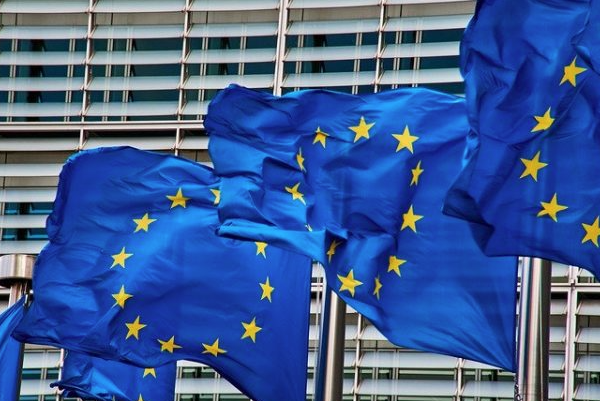
Expert View: High-net-worth research provides clues to unlocking wealthy donors during Covid-19
May 21, 2020
Special Focus: Keeping legacies front of mind during a pandemic
June 3, 2020With Europe still reeling from a global pandemic, our public affairs columnist Patrick Gibbels asks what measures the EU will take to protect charities and NGOs in the voluntary sector.
The COVID-19 pandemic has severely disrupted our daily lives and the economy. As a result, the EU political agenda virtually screeched to a halt and most ongoing policy proposals have been placed in the fridge, as the Institutions needed to focus on the immediate crisis and the necessary measures to tackle it. Having absorbed the first shock, the European Commission, on 27 May, tabled two highly relevant documents that will decide the immediate future: the adjusted Annual Work Program and the Recovery Plan for Europe.
The Annual Work Program lists a number of initiatives that will be of interest to the philanthropy sector (including measures on data protection; Single Market Barriers and enforcement; Foreign Subsidies; tax evasion; Anti-Money Laundering and terrorist financing). But whilst the presentation of the Work Program is usually a big deal in Brussels, all eyes were on the Recovery Plan for Europe. A €750 billion (!) recovery instrument, designed to support Member States to recover and to help kick-start the economy.
Good news, yes. But there is a problem for philanthropy. The package focusses on businesses and individuals. Charities and fundraisers are neither and thus run the risk of being overlooked. Many individuals have lost their jobs and companies are struggling. But so are charities and fundraising organisations, particular the smaller ones and those in certain regions of Europe, and there are no EU measures specifically for the sector.
Due to the lockdowns and other crisis measures, many very important means of generating funds have been made impossible. Physical campaigns and personal fundraising are prohibited and whilst many organisations have been creative in coming up with alternative ways to raise money, online and offline, COVID-19 has cause considerable losses. Belgian Red Cross had to cancel its annual event whereby it sells stickers at cross-roads and other busy places. Alternatively, they distributed 770,000 stickers in letterboxes across Belgium and called on people to donate online. Sadly, they were only able to collect 10% of their usual revenue. Needless to say, the Belgian example is only one of many throughout Europe.
The EU focusses on saving businesses, because businesses employ people. But charities do too. They are an important part of the European economy. Are EU decision-makers sufficiently aware of this?
The business community is used to lobby the European Institutions and knows how to get theirs. So do the Member States. It is important that the fundraising sector is vocal and visible in Brussels. This pandemic has created an unprecedented situation, and the European Institutions are very much in listening mode. Moreover, starting in July, Germany will take over the EU Presidency as the first of a new trio (the EU agenda is always set for three consecutive Presidencies). This provides a real opportunity for the fundraising sector to provide input and expertise.
In the coming months EFA will attempt to get an overview of the impact of the COVID-19 pandemic on the sector. We hope to be able to produce our first findings by the summer. Based on these findings, EFA may engage in a constructive dialogue with EU decision-makers in both the European Parliament and the Commission, in order to raise awareness and establish an adequate approach vis-à-vis the sector.
Related articles:
National governments unveil support packages for charities

Patrick Gibbels, Gibbels Public Affairs




